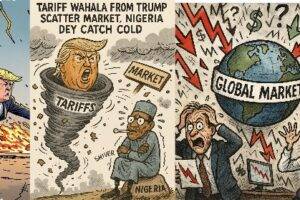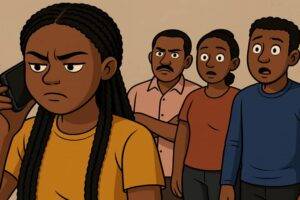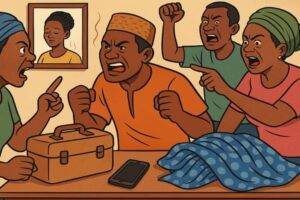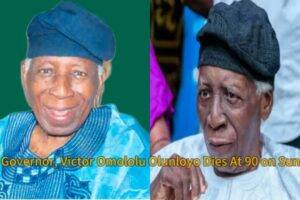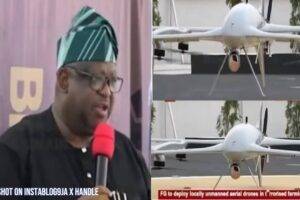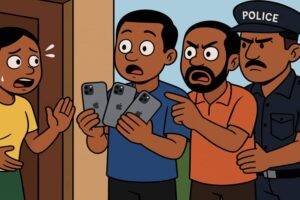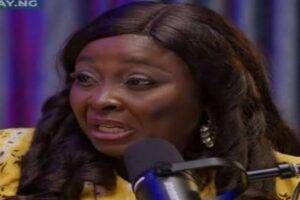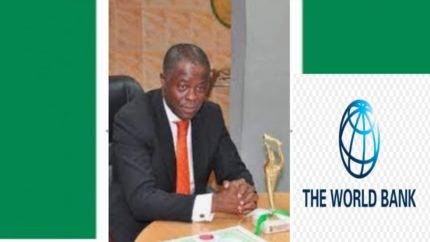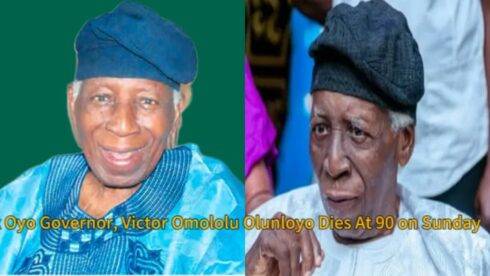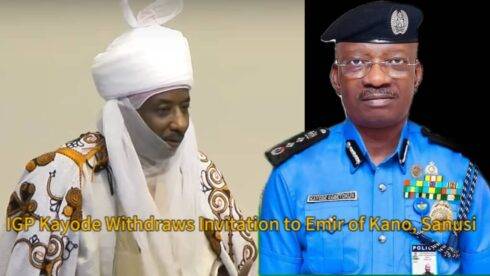Nigeria’s Economic Struggles: Seeking World Bank Funding
Nigeria, grappling with a severe dollar shortage and witnessing a steep decline in the naira, is actively engaging in discussions with the World Bank for financial assistance. The Finance Minister, Wale Edun, revealed in a Bloomberg Television interview with Francine Lacqua that the country is aiming for a substantial injection of funds ranging from $1 billion to $1.5 billion. The primary objective is to alleviate the ongoing economic challenges, particularly the acute shortage of dollars
Edun expressed optimism about securing the financial support, attributing it to the government’s commitment to ongoing reforms. The proposed funding is earmarked for budgetary support, with the minister emphasizing the urgency of addressing the economic imbalances. As Nigeria navigates through these discussions, stakeholders are keenly observing how this potential injection of funds could impact the nation’s economic trajectory.
Challenges Leading to the Funding Request
The pressing need for external financial assistance arises from a combination of factors contributing to Nigeria’s economic woes. The nation’s currency, the naira, has faced a sharp decline, and a critical factor behind this depreciation is the severe shortage of dollars. The scarcity of foreign exchange has hampered various sectors, affecting imports, investments, and overall economic stability.
The Finance Minister’s acknowledgment of ongoing reforms indicates the government’s recognition of the need for structural changes to address the root causes of economic challenges. The discussions with the World Bank signal a proactive approach to finding solutions, as Nigeria grapples with the multifaceted issues impacting its economic landscape.
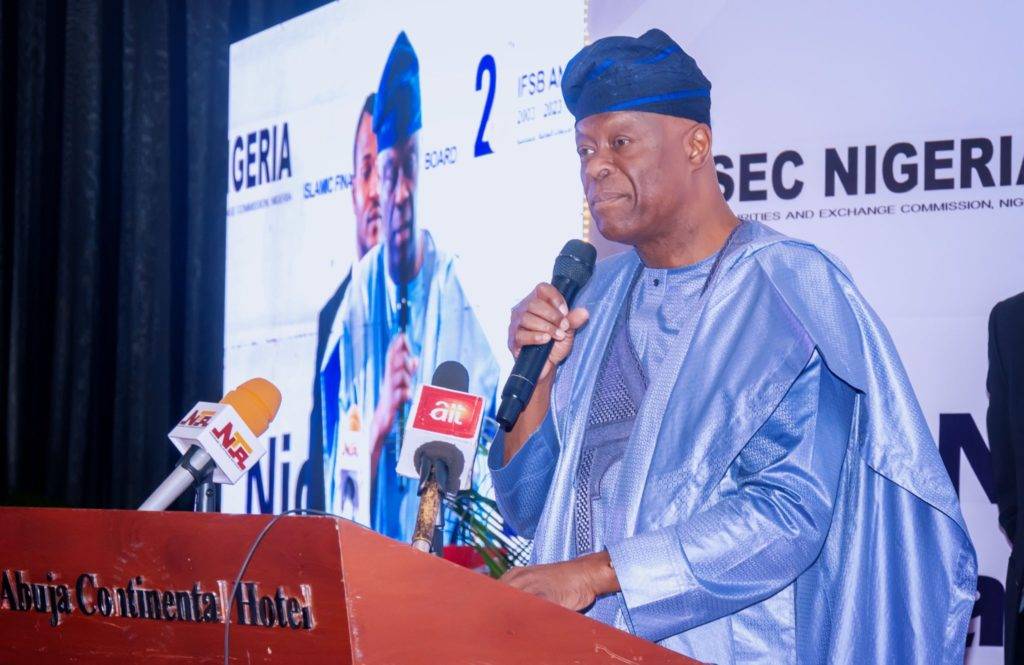
Budgetary Support: A Closer Look at the Funding Proposal
As Nigeria seeks financial aid from the World Bank, the focus is squarely on obtaining budgetary support. The proposed $1 billion to $1.5 billion injection is intended to bolster the government’s fiscal plans and provide much-needed stability. This funding would likely be channeled towards key areas such as infrastructure development, social programs, and economic reforms.
The government’s commitment to ongoing reforms is a pivotal aspect of these discussions, underlining its determination to address economic vulnerabilities. The allocation of funds for budgetary support reflects a strategic approach to mitigating the impact of the dollar shortage and facilitating sustainable economic growth.
Optimism Amid Discussions: Reforms and International Support
Despite the challenges, Finance Minister Wale Edun remains optimistic about securing World Bank funding. The emphasis on continuing reforms indicates a commitment to addressing the structural issues that have contributed to Nigeria’s economic struggles. International financial institutions play a crucial role in supporting nations undergoing economic transformations, and the discussions with the World Bank signify a collaborative effort to navigate through these challenging times.
Nigeria’s proactive engagement with the international community showcases a willingness to explore viable solutions beyond its borders. The outcome of these discussions holds significant implications not only for the immediate economic landscape but also for the nation’s long-term stability and growth.
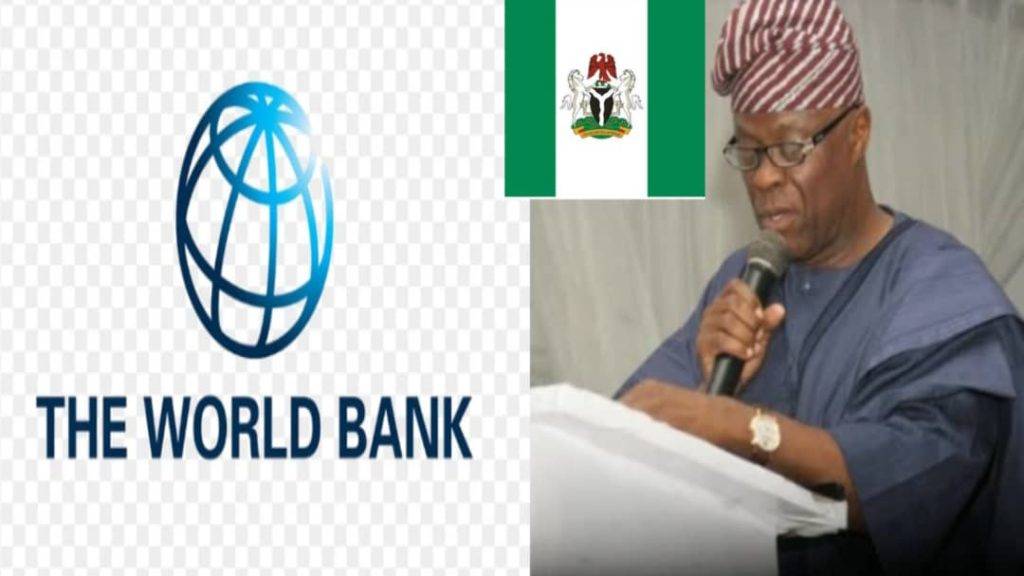
Public Reaction and Stakeholder Concerns
As news of Nigeria’s discussions with the World Bank circulates, there is heightened attention from the public and various stakeholders. The broader community is keenly observing how this potential financial support aligns with the government’s reform agenda and its impact on the everyday lives of citizens. Stakeholders, including businesses, investors, and economic analysts, are closely monitoring developments, recognizing the interconnected nature of global economies and the potential ripple effects of Nigeria’s economic decisions.
Public sentiment and stakeholder concerns may shape the narrative around the discussions, adding a layer of complexity to the already intricate dynamics of economic policy and international collaboration.
Future Prospects: Navigating Economic Uncertainties
As Nigeria navigates the ongoing discussions with the World Bank and anticipates potential financial assistance, the nation faces a critical juncture in its economic trajectory. The outcome of these deliberations will likely influence the short-term and long-term prospects for Nigeria’s economy. The government’s ability to secure funding, coupled with the successful implementation of reforms, will play a pivotal role in determining the nation’s resilience in the face of economic uncertainties.
The coming weeks will be crucial in gauging the progress of these discussions and understanding how the proposed funding aligns with Nigeria’s broader economic vision. In a rapidly changing global economic landscape, the decisions made in the coming days could shape the narrative of Nigeria’s economic recovery and its positioning on the international stage.
Table of Contents
Discover more from OGM News NG
Subscribe to get the latest posts sent to your email.


